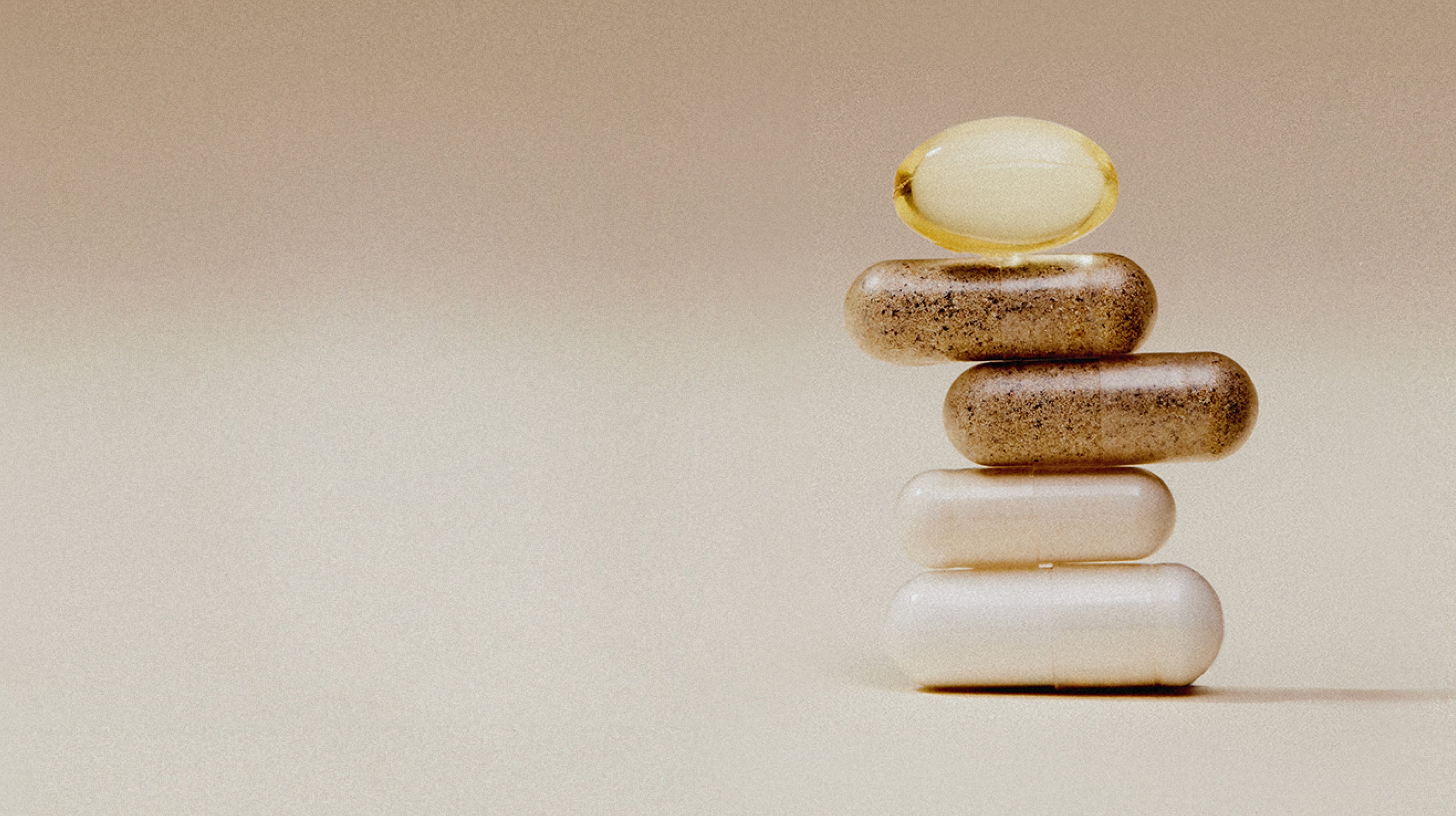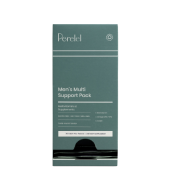As you navigate the early days of pregnancy, chances are you're thinking about how to shift your diet to nourish you and your baby—and that might also mean worrying about the things you need to avoid. Unpasteurized dairy products? That's a no-no. High-mercury fish? Best to skip. Alcohol? Nope. Drinking coffee? Well… let's talk about it.
If the idea of cutting out your coffee ritual for the better part of a year seems like a hard pill to swallow, the good news is that you might not need to go completely cold turkey—researchers have found that moderate caffeine intake is okay. So how much is too much? Let's take a closer look at the science.
And as always, remember to check in with your doctor about what is safest for you and your baby during pregnancy.
What's a safe amount of caffeine during pregnancy?
While pregnant women should limit caffeine consumption, studies have found that a little won’t hurt. The American College of Obstetricians and Gynecologists (ACOG) recommends that pregnant women consume less than 200 milligrams per day—that's about the equivalent of two cups of coffee. (The same goes for breastfeeding, too.)
The good news is that the source of caffeine also doesn’t matterーthe most important thing to watch is overall consumption. Just remember to read labels and do your research to monitor the caffeine content in your caffeinated beverage of choice. (For what it’s worth, research has linked energy drinks with increased risk for pregnancy outcomes like gestational hypertension—so sticking with coffee or green tea might be a better approach. Again, check in with your physician.)
Keep in mind that soft drinks and foods like chocolate can contain caffeine, too.
Shop the Article:
What are the risks?
Too much caffeine can increase the risk of miscarriage, preterm labor, or low birth weight. While the studies call “moderate caffeine consumption up to 200 milligrams per day” everybody has a varied response to caffeine. Talk to your doctor about what’s safest for you and your baby.
How do I talk to my doctor about this?
A few things you could say are:
- “Is it true that 200 milligrams of caffeine per day is okay?”
- “Does the source of caffeine make a difference? I’ve been craving a lot of chocolate and want to make sure I’m not overdoing it based on how I’m getting caffeine.”
- “Are there individual reasons why I should limit my caffeine intake even more?”
- “How does caffeine consumption affect my baby's development? Are there specific trimesters when I should be more cautious about my caffeine intake?”
- “Are there any healthier alternatives to caffeine that you'd recommend if I need a pick-me-up during pregnancy?”
The takeaway
Ultimately, moderation is key when it comes to your daily caffeine intake during pregnancy—and you should determine what's healthiest and safest for you with the help of your healthcare provider.

theFolio in Your Inbox
Sign up to receive doctor-backed, stage-specific content in your inbox each week.
Resources:
- Moderate Caffeine Consumption During Pregnancy (Obstet Gynecol 2010;116:467–8)
- Ding M, Markon AO, Jones-Dominic OE, Purdue-Smithe AC, Rich-Edwards JW, Wolpert BJ, Chavarro JE. Intake of Energy Drinks Before and During Pregnancy and Adverse Pregnancy Outcomes. JAMA Netw Open. 2023 Nov 1;6(11):e2344023.






















